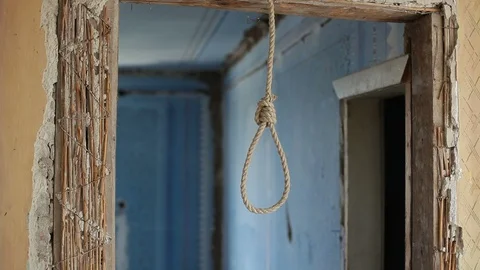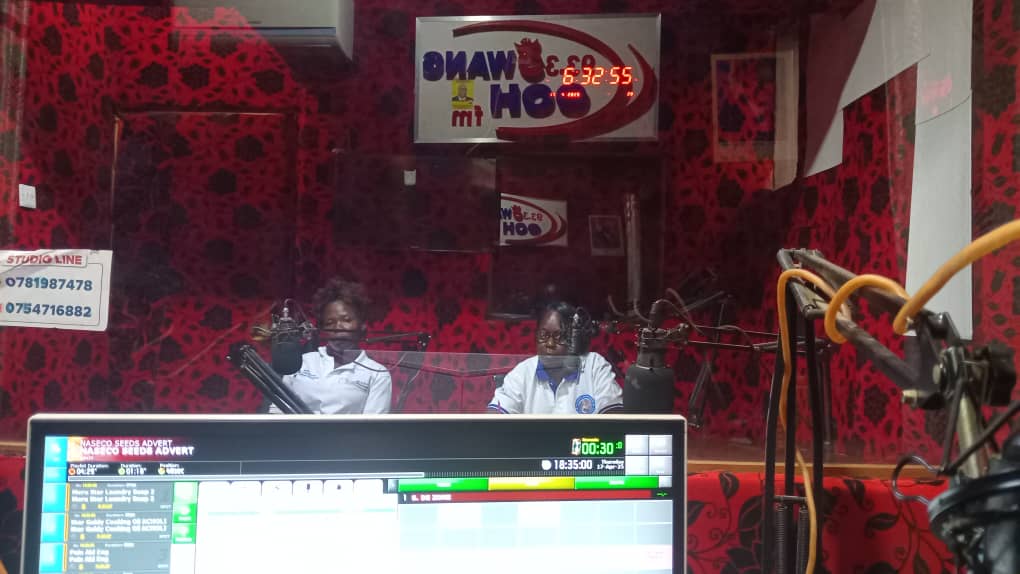
 Radio Wang Ooh
Radio Wang Ooh

 Radio Wang Ooh
Radio Wang Ooh
18 April 2025, 5:15 PM

By Freeman Canogura
In the past month, at least 22 people in Agago district have attempted suicide, according to a report from Dr. Ambrossoli Memorial Hospital in Kalongo town council, Agago district. The figures were revealed during a mental health awareness radio talk show on Radio Wang Ooh FM on Thursday, 17th April 2025.
According to Sarah Apili, a psychiatric nurse at the hospital, most of those who attempt suicide show visible signs before taking action. However, these signs are often ignored or misunderstood by those closest to them.
Apili stressed the need for a mindset change among residents, stating that many people still believe suicide is the only solution to personal problems. She identified the leading causes of suicide in the area as drug and alcohol abuse, poverty, domestic violence, depression, and the trauma of losing property, particularly cattle stolen by Karimojong rustlers.
Polly Akot, a counsellor at Dr. Ambrossoli Memorial Hospital, stated that help is available for those struggling with mental illness. She explained that the hospital dedicates every Friday to mental health care, offering counselling, therapy, and medical services. On this day, patients with depression or related conditions receive therapy, medication where necessary, and ongoing follow-up even after they return home.
Ben Lakony, the Project Manager at Dr. Ambrossoli Foundation, attributed some of the region’s mental health issues to the long-term effects of the Lord’s Resistance Army (LRA) insurgency, which devastated northern Uganda for over two decades.
Lakony reiterated the hospital’s commitment to providing free and accessible mental health services to all, urging individuals and families to bring anyone they suspect is suffering from depression or mental illness to the hospital for evaluation and treatment.
The hospital team is calling on families to stop viewing mental illness as a taboo and instead offer support to their loved ones. They are also urging community leaders, churches, and schools to talk more openly about mental health, particularly with young people.